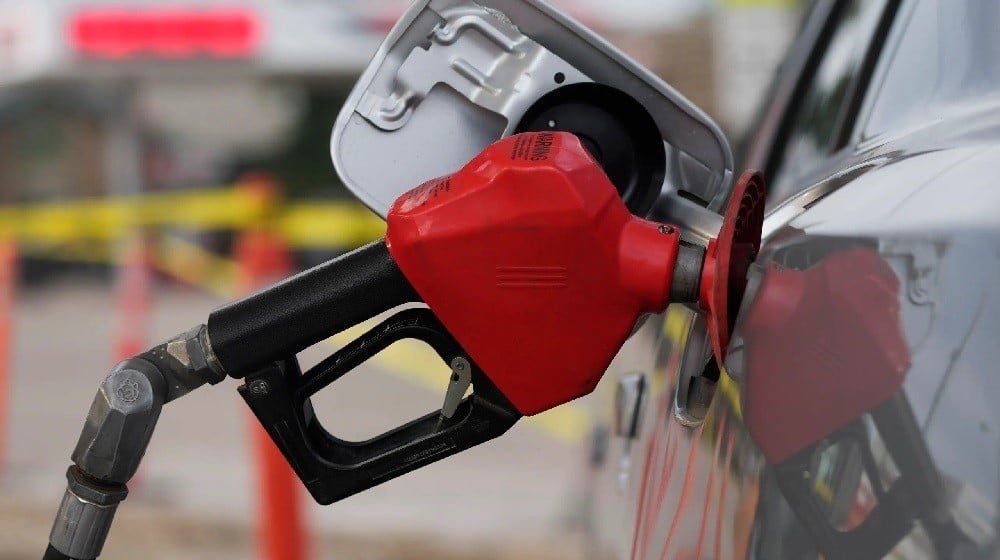The All Pakistan Petroleum Dealers Association (APPDA) has warned of a nationwide strike in response to the government’s plan to deregulate oil prices without consulting key stakeholders. The proposed deregulation, led by the petroleum division and the Oil and Gas Regulatory Authority (OGRA), has raised concerns about foreign dominance in Pakistan’s oil market and potential risks to energy security.
In a statement issued after an executive committee meeting on Sunday, the APPDA criticized the deregulation plan, calling it a move that could hand over control of the country’s oil market to foreign entities. The association argued that Pakistan lacks the necessary oil storage capacity to support a free market system, warning that such a decision could have disastrous consequences for the country’s energy security and economy.
Hassan Shah, the APPDA spokesperson, described the deregulation plan as an “unfortunate decision” that would disrupt the entire oil supply chain and pave the way for a monopoly by a strong foreign player. He claimed that local oil refineries would be forced to shut down as they lack the financial resources to compete with multinational companies. Shah further argued that deregulation would eliminate competition, leaving the market in the hands of a single dominant entity.
The APPDA also pointed to the deregulation of lubricants and high-octane blending components (HOBC) as a cautionary example, stating that it has not benefited consumers but instead created a cartel-like oligopoly. Shah warned that the proposed deregulation of oil prices would lead to unprecedented inflation, further depreciation of the rupee, and irreparable harm to the already struggling economy.
Highlighting the strategic importance of oil, Shah urged the Ministry of Defence to assess the potential national security implications of deregulation. He also called on the government and the State Bank of Pakistan to evaluate how the move would impact inflation and the exchange rate. “Policymakers should not gamble with the country’s energy security to appease a single company,” he said.
Shah argued that deregulation would result in a steady increase in oil prices under various pretexts, negatively affecting businesses and the general public. He noted that Western countries have successfully implemented free-market fuel pricing only after ensuring smooth supply chains and maintaining months of fuel reserves. In contrast, Pakistan’s oil reserves can only last for 15 days, with frequent shortages and dryouts, particularly in smaller cities.
The APPDA stated that only strict regulation can prevent refineries, oil marketing companies, and fuel outlets from illegally raising prices. Shah warned that deregulation would leave vulnerable consumers at the mercy of market forces, causing instability and driving up the cost of essential goods. He concluded by stating that oil, as a critical resource, requires careful management to avoid financial and economic disaster.










